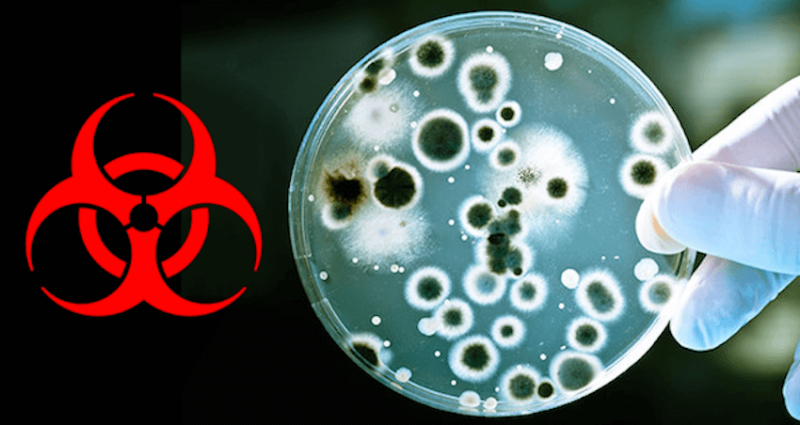With current advances in biology, we can’t afford to avoid the topic any longer. It is high time the international community turn its focus to the security and governance of biological research. This is an urgent issue, because whenever a proof of concept, technological breakthrough, or scientific game changer is found to have unexpected military utility, it can significantly alter the balance of incentives and disincentives to comply with [Biological Weapons Convention] obligations. The question is, how do we guard against experiments or lines of inquiry that lead some researchers to pursue the kind of edge that contravenes international norms and legal frameworks?
…
Part of the work has to be done by governments and policymakers focused on international security, and should include strengthening norms against misuse and supporting humanitarian policies; modernizing the BWC to counter its growing irrelevance; increasing capacities to defend against and investigate allegations of misuse; and building transparency, confidence, and trust in biodefence programs.
…
[T]he funders who support research, the scientists who conduct it, and the publishers who approve and communicate it should be required to prove the absence of danger.…
Guarding against deliberate misuse of biology is a tall order for the international community and national policymakers. On the other hand, it is not an impossible task given political will.
Editor’s note: Filippa Lentzos is a senior research fellow at King’s College London, jointly appointed in the Department of Global Health and Social Medicine and the Department of War Studies.
Read full, original post: How do we control dangerous biological research?































